This year in history: 1917
Article from The Classical Difference http://www.classicaldifference.com/century-watch-summer-2017/ The Progressive Era (approximately 1890–1920) ushered in some of the most profound changes in American history. For schools, it meant a change in focus from classical to progressive, from mind to matter, from the individual to the society, from God to man. The Lincoln School, founded in 1917, is a window into the progressive movement. Columbia Teachers College in New York established the Lincoln School as a laboratory school for experimentation with progressive education methods and curricula.1 “The school was a potent institutionalization of new ideas in education.”2 Joining in the effort was John Dewey,…

